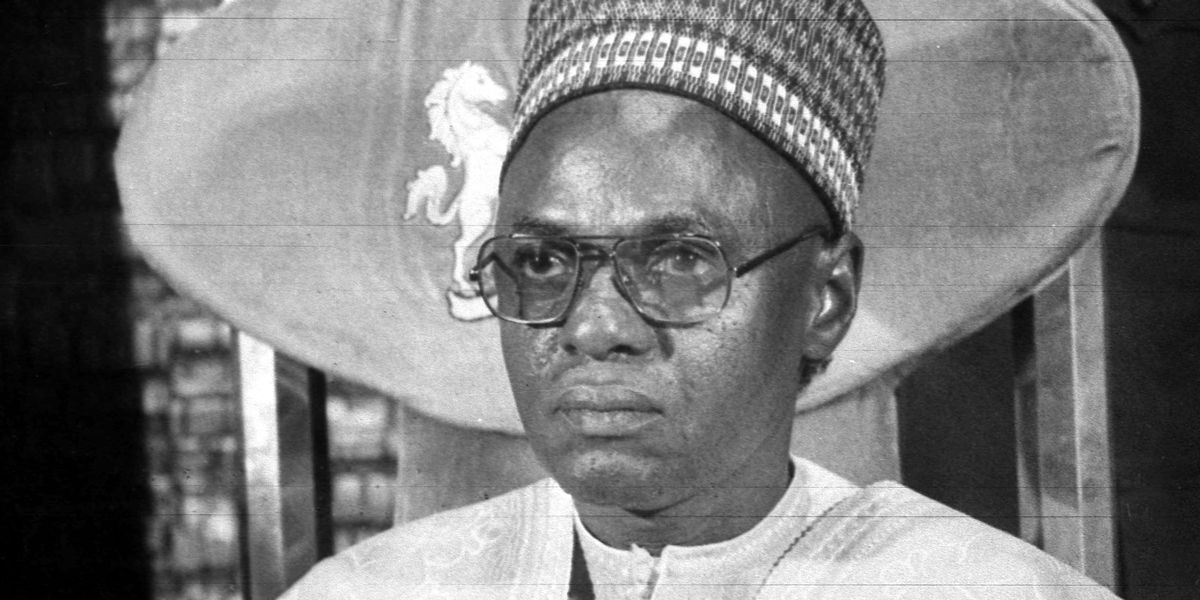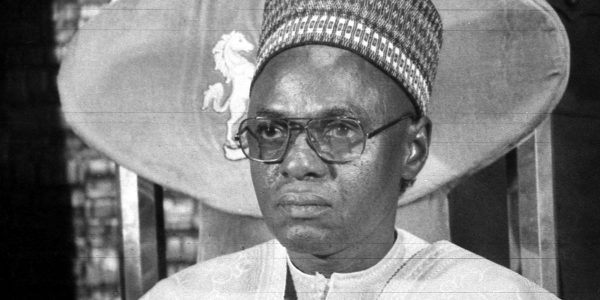After General Yakubu Gowon had failed to renege power to a democratically elected government in 1975 and had instead declared an indefinite suspension of the Democratic plan, a bloodless military coup was organized and he was deposed.
General Murtala Mohammed, the new post-coup military Head of State, continued on the quest to bring back a democracy which veterans during the independence struggled for, but his time was short-lived as he himself was assassinated before his plan could materialize. The responsibility to restore the democracy which was first truncated in the gory 1966 coup now fell on the Gen Murtala’s right-hand man; the whole world was watching and speculating at what the young general would do or achieve differently, away from the legacy of his predecessors.
To be fair to his predecessors, General Olusegun Obasanjo had roughly two years to prepare grounds and plan for the elections while having to also lay a solid economic foundation with some major Federal Military Government projects such as Operation Green Revolution, FESTAC ’77 and the 1979 Constitution, among other things.
To the relief of most citizens, political groups began to form aggregate and crystallize into political parties. The new 1979 constitution tactically mandated political parties to be duly registered in at least two-thirds of the states, whereas each state was required to produce at least one cabinet member for each registered party. By the time the elections were approaching in July 1979, five major political parties which qualified were contesting for the position of presidency.
The power dynamics which was witnessed prior to the elections had strategically ensured that Alhaji Shehu Shagari climbed through the ranks of nationwide political prominence in the little time available.
And so it remained a code in political circles circa 1979 that no one else knew about political administration as much as Shagari, as he has, until that point in 1979, served in various capacities. Shehu Shagari, prior to the elections, had been a very active public/civil servant who held the fort at his base, thereby providing more ground for a sentimental basis as an administrator politician. He was Member of the Sokoto House of Representatives; the Parliamentary Secretary to Prime Minister Tafawa Balewa from 1958 to 1959; Minister of Commerce and Industries in 1959; Federal Minister of Economic Development and later Federal Minister of Pension from 1960 to 1962; Federal Minister of Works from 1960 to 1962 and Federal Minister of Internal Affairs from 1962 to 196 . After the Civil War, he was called again to serve as the Federal Commissioner for Establishments (North-West State) from 1968 to 1969; Federal Commissioner for Economic Development, Rehabilitation, and Reconstruction for the South-East region; and finally succeeding Chief Obafemi Awolowo as Federal Commissioner for Finance from 1971 to 1975.
His brief stint in the South-Eastern part of the country must have greatly contributed to the instrumentation of alliances which were formed and engineered by Chief Nnamdi Azikwe to thwart the influence of the political heavyweight Obafemi Awolowo, the paramount figure of the Unity Party of Nigeria (UPN) from dominating the wins of the 1979 elections.
President Shehu Shagari eventually won the elections fair and square with his political party, the National Party of Nigeria (NPN), equally winning necessary legislative posts in all regions of the country.
In all, however, General Obasanjo crested his name in the sands of time as the first Nigerian Military Head of State to hand over power to a democratically elected government. The whole country rejoiced in the fact that their wishes were once again being hearkened to with the return of power to the people.
The new government of Shagari was sworn in symbolically on October 1st, 1979. History absolved those who played their part in the change of baton of power; however, we may not be too sure that the same goodwill could be extended in worthy remembrance of the Shagari era which ran in a 4-year first term between October 1st 1979 and October 1st 1983.
History beckons on us all to be upstanding, patriotic and true to the service of the people and humanity as a whole.
Featured image source: hawaiinewsnow.com


